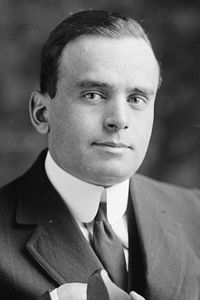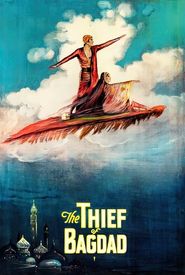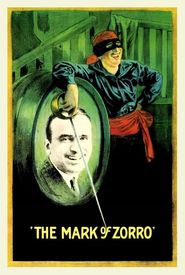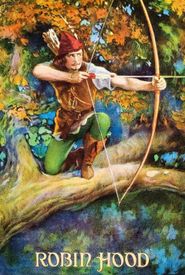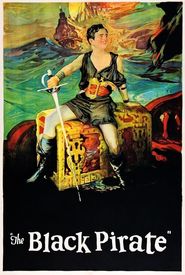Douglas Fairbanks was born Douglas Elton Thomas Ullman in Denver, Colorado, to Ella Adelaide (nee Marsh) and Hezekiah Charles Ullman, an attorney and native of Pennsylvania, who was a captain for the Union forces during the Civil War. His paternal grandparents were German Jewish immigrants, while his mother, a Southerner with roots in Louisiana and Georgia, was of British Isles descent. Due to his father's abandonment when Fairbanks was just five years old, his mother raised him on her own and changed her sons' surnames to Fairbanks, her former husband's surname, and concealed their paternal Jewish ancestry.
As a young boy, Fairbanks developed a passion for amateur theater at the age of 12 and continued to pursue his interest while attending the Colorado School of Mines. In 1900, his family relocated to New York, where he attended Harvard University, traveled to Europe, worked on a cattle freighter, in a hardware store, and as a clerk on Wall Street. He made his Broadway debut in 1902 and five years later, he left the theater to marry the daughter of an industrialist.
However, his father-in-law's financial troubles led Fairbanks to return to the theater in 1907. In 1915, he ventured to Hollywood, where he worked under the reluctant direction of D.W. Griffith. The following year, he formed his own production company. During a Liberty Bond tour with Charles Chaplin, Fairbanks fell in love with Mary Pickford, with whom he, Chaplin, and Griffith had formed United Artists in 1919. He went on to create highly successful early social comedies and swashbuckling films during the 1920s.
Fairbanks' personal life was marked by a tumultuous marriage to Mary Pickford, the owners of Hollywood's Pickfair Mansion. The couple separated in 1933 and divorced in 1936. In March 1936, he married and retired from acting, bringing an end to his illustrious career.
